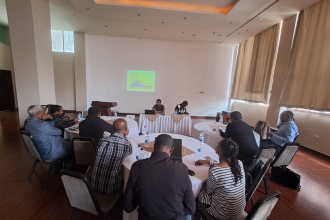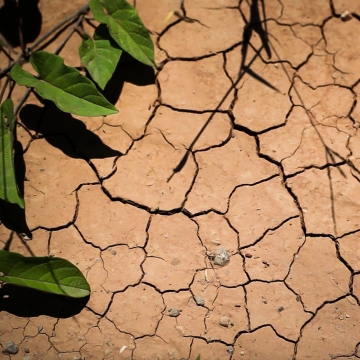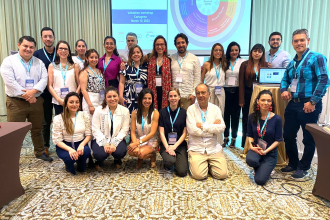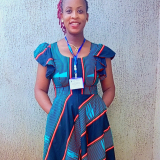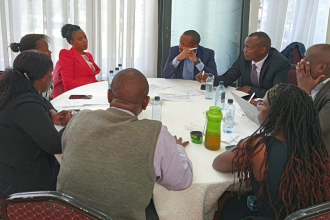Sustainable Energy Transitions, with emphasis on gendered and intersectional aspects, lies at the core of a low carbon society. The implications of energy interventions, policies, and transitions is part of a larger initiative to identify the most promising research issues to support an actionable low-carbon transition in the Global South. Aim: There is an urgent need to identify ways to overcome the challenges to inclusive and sustainable energy access in developing countries, so that a low-carbon transition will improve outcomes for women, youth, and other marginalized populations.
